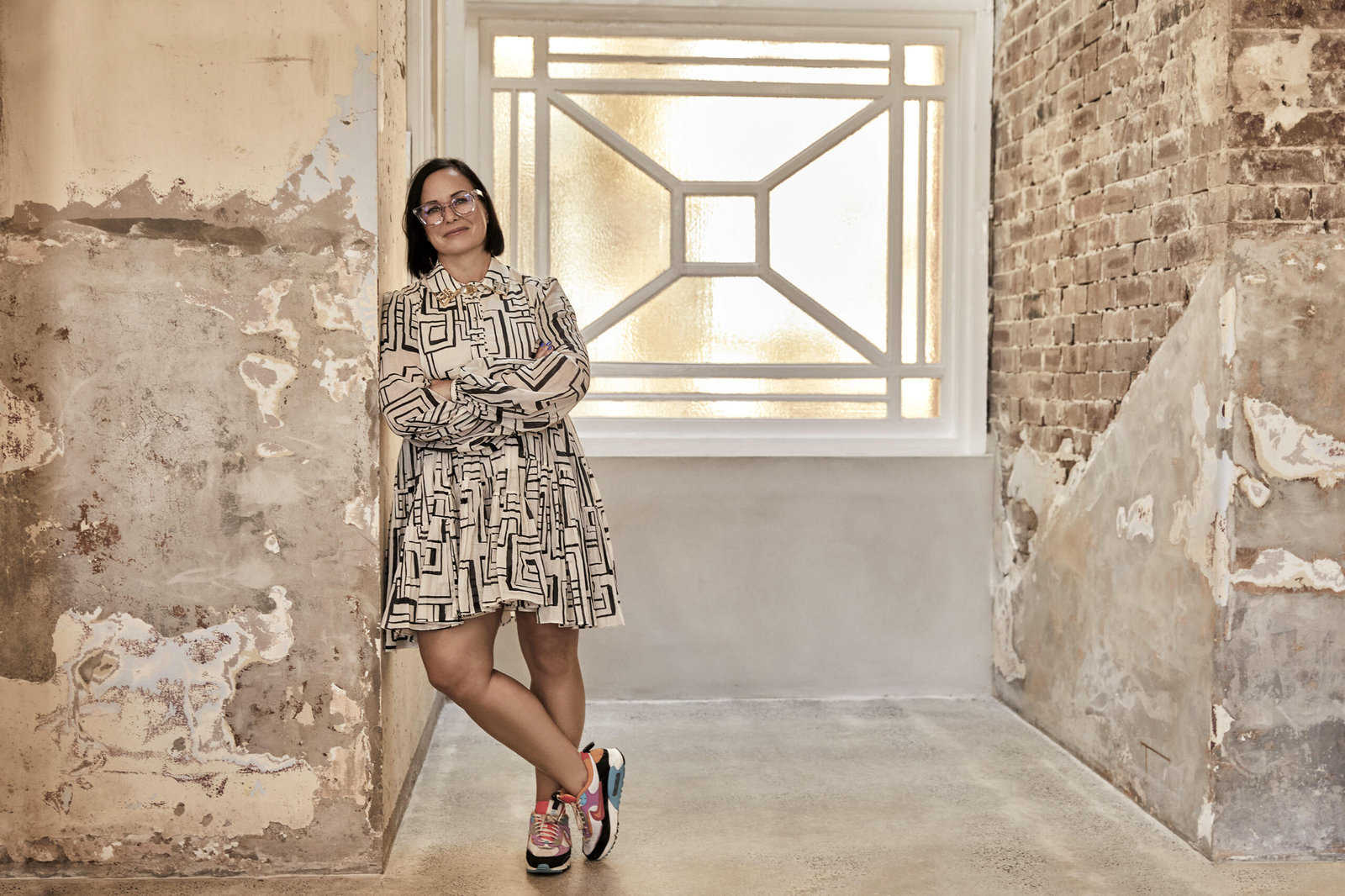Gender stereotypes in Australian media and advertising are set for greater scrutiny as a major research project prepares to examine their impact on society.
The catch? This study explores the representation of men and masculinity and its potential negative impact on gender equality.
It’s a turn for the books when you consider the number of recent studies that have explored the depictions of women in media and advertising. However, that is precisely why it is necessary, argues Jasmin Bedir, the chief executive of Innocean Australia and founder of fckthecupcakes, an organisation that aims to fight gender inequality by bringing men into the conversation.
Bedir has teamed up with The 100% Project, an organisation that aims to achieve 100% gender balance in Australian leadership, to conduct the 18-month research study, which will delve into how the portrayals of masculine stereotypes in media and advertising are contributing to broader social issues such as toxic masculinity and rising male suicide cases.
“A lot of work around the narratives and messaging within marketing and advertising has been focusing on women, but not on men,” Bedir tells Mediaweek.
“If we’re only focusing on one gender, and in particular, on women and telling them constantly how to be better or improve themselves, we’re never going to make anything better – especially if we’re not getting men engaged in the conversation at all.”
“It sounds strange when I say it, as a feminist, but it’s not an easy time to be a man. Usually, when I say that, everyone says, “Whoa, whoa, whoa, what are you on about?” The narratives have been around the need to invest more in women for equality, which I understand, but at the same time, we also need to invest in men. We need to invest in men’s mental health and development because they have got inclusion needs too.”
There is an emerging narrative around this topic, which Bedir said is evident by the likes of feminist powerhouse Caitlin Moran’s recent book What About Men? which points to the need to have a broader conversation about these issues. According to Bedir, the media and the ad industry have a huge responsibility in this discourse.
“We’ve reached the point where International Men’s Day needs to exist, because we need to get men to a point where they are having the same conversation as women are having about their vulnerabilities, discussing what modern progressive masculinity should look like, so we don’t have these horrible suicide rates in this country.”
“I believe the media, as well as the advertising industry – which is now worth $53 billion – have a huge responsibility in this. Agencies love walking around going, ‘Oh, we influence popular culture’, but we’ve also got a huge responsibility to actually do the right thing, and maybe just investigate what we’re putting out there collectively?”
Bedir is quick to point out that the research project is not a magic bullet solution, but she hopes it does help to start a conversation – among brands and agencies, as well as men and women.
“I’m not saying by any means that we do a little bit of a research study and we’re gonna come up with solutions, and everyone can just implement them. I’m not naive by any stretch of the imagination. But maybe if this is the beginning of us, showing the status quo or beginning a dialogue that we can help inform and educate.”
“It’s not an ‘either / or’ situation, it’s an ‘and’ we need to do both. We need to focus on all of the genders – if you want to talk in a binary way – male and female, and until now we’ve forgotten to include one gender,” she said.
The research project will run throughout 2024. It began earlier this year with a literature review that found the most prevalent male archetypes depicted in Australian media are “the Hero,” “the Provider,” and “the Hedonist”.
According to the research, these archetypes reinforce the traditional gender roles and stereotypical behaviours that the study claims lead to “poor health outcomes for men and women and perpetuate gender inequality”.
See also: Research by Innocean & The 100% Project explores media’s impact on masculinity and gender roles
—
